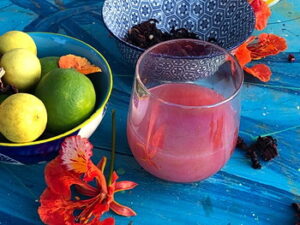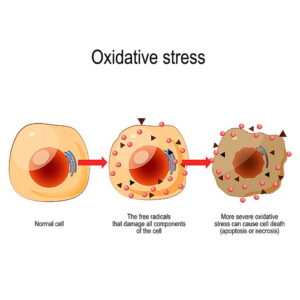
Hibiscus drinks are popular in many countries around the world. They are often served as a refreshing drink after meals, or as an accompaniment to tea or coffee.
Hibiscus is also becoming increasingly popular for its antioxidant properties. Recent studies have shown that hibiscus tea contains polyphenols and anthocyanins which can reduce oxidative stress and inflammation, making it an ideal drink for health-conscious individuals with chronic inflammatory conditions like arthritis, asthma, diabetes, heart disease, stroke, and high blood pressure.
What is Hibiscus?

Hibiscus is a flowering plant that originates from the tropics. It belongs to the genus Hibiscus, which is botanically known as Casu Marzu and translates into ‘mad cow’. Hibiscus, known for its large flowers, is also known as ‘marigold’ in Latin and ‘red blooms’ in Hindi and Gujarati.
In countries like India, South Africa, and Malaysia, hibiscus is commonly known as bhang, and other similar names like ‘baby liquor’, ‘poisonous devil fruit’, and ‘poisoned rose’. The flower is mainly cultivated in Indian states like Goa, Gujarat, and Tamil Nadu. The plant is a much-reputed spice throughout India. Some of the most popular varieties include Marich, Amrut, Khwaja Siras, Khwaja Zulqarnain and Marri Bada. Hibiscus leaves and flowers are dried in the shade to preserve their freshness.
Antioxidant Properties of Hibiscus

Hibiscus tea is rich in antioxidants that are known to reduce inflammation and free radicals. So what are antioxidants and how do they benefit you?
Antioxidants are molecules that help stop damage to cells, DNA, and other molecules. Oxidative stress is considered to be the most important driver of aging.
It is the reason that aging accelerates and causes many diseases such as diabetes, heart disease, cancer, and neurodegenerative conditions like Alzheimer’s.
Free radicals are molecules that cause oxidative stress and contribute to chronic inflammation and oxidative damage. Antioxidants fight free radicals and may also stimulate the growth and development of stem cells.
Health Benefits of Hibiscus
1. The juice from this flower can prevent cancer.
2. Hibiscus can help people with asthma to control their symptoms.
3. Cuts the risk of high blood pressure. Research has revealed that people who drink hibiscus tea regularly, experience a significant reduction in blood pressure.
4. Promotes weight loss. Research has shown that drinking hibiscus tea can help you lose weight as its main ingredients – green tea, boronic acid, and hibiscus – can increase your metabolism, and make you feel full.
5. Helps digestion. Hibiscus tea can act as a laxative for people with digestive issues like bloating and heartburn.
How to Brew a Cup of Hibiscus Tea
Hibiscus tea is made by infusing a finely divided hibiscus flower or herb in boiling water. Rinse the hibiscus leaves or flowers and remove the petals to get a finely divided flower. Chop the leaves, flowers, and stem into small pieces and soak in water for half an hour. Grate or peel the leaves and infuse the infused water for 15 minutes. Add a few drops of honey to the tea and serve with honey and raisins.
Conclusion
Hibiscus does not have any artificial preservatives or flavorings, and it’s free from gluten, dairy, nuts, and lactose, so it’s a great choice for anyone with food allergies.
